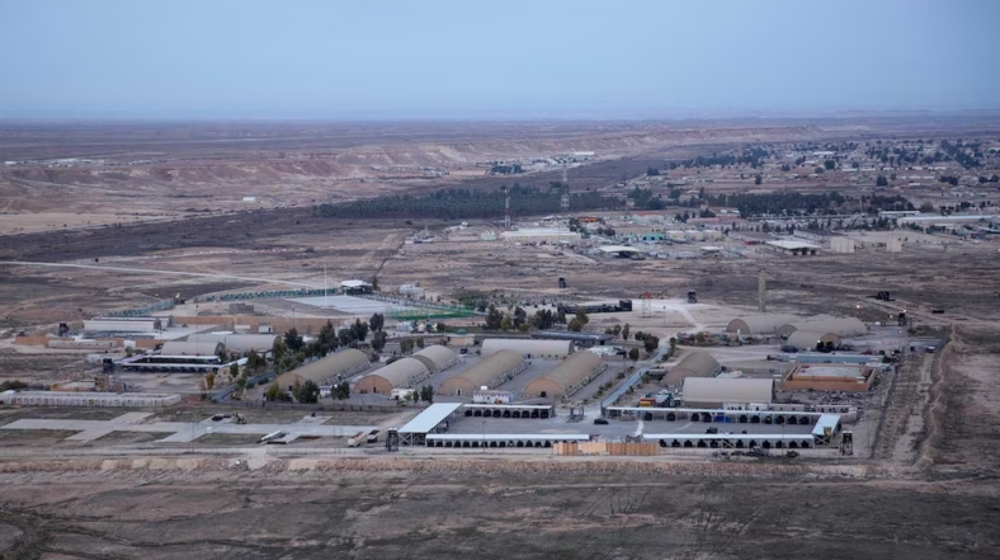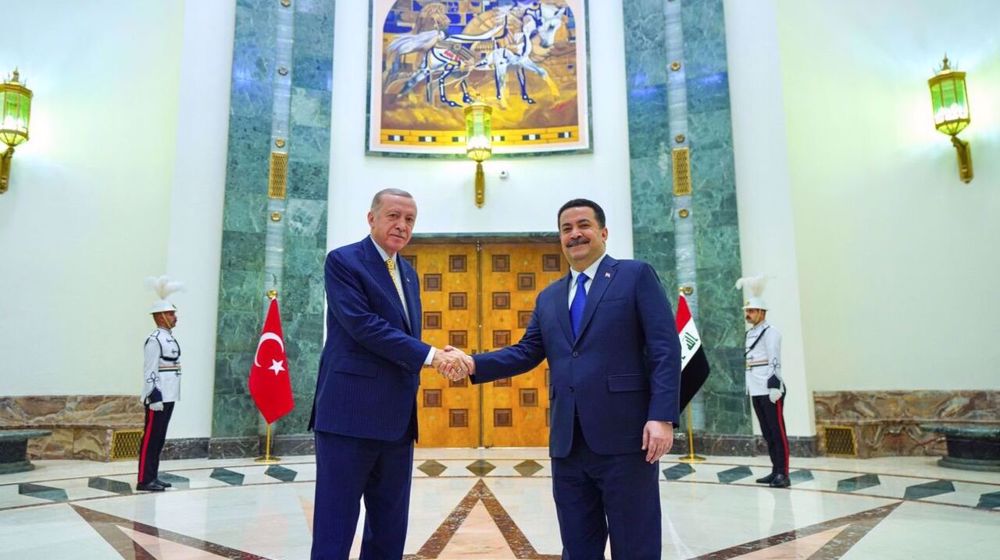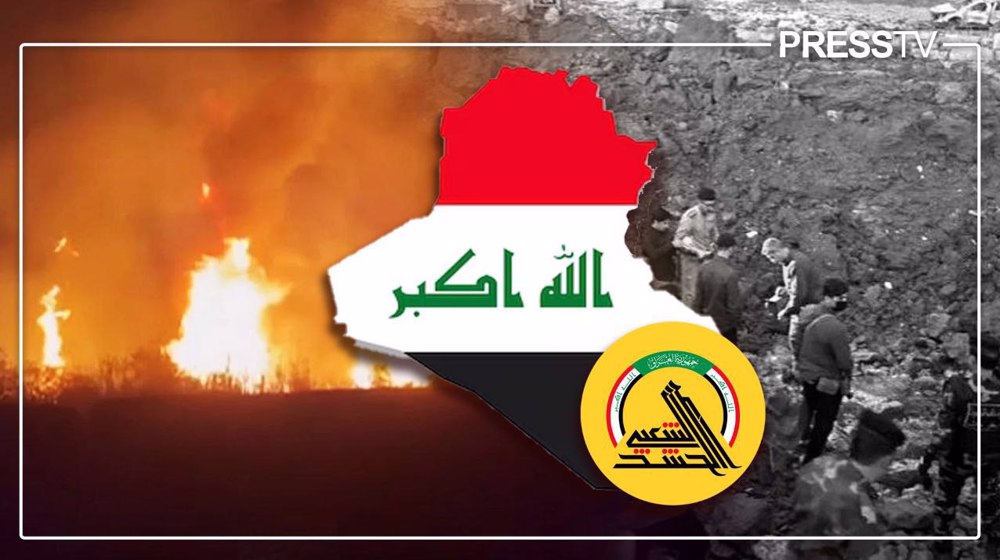Iraq’s parliament approves prime minister’s resignation
Iraq’s parliament has approved the resignation of Iraqi Prime Minister Adel Abdul-Mahdi, which came after top Shia cleric Grand Ayatollah Ali al-Sistani urged the parliament to “reconsider” its support for the incumbent government.
Iraqi legislators approved Abdul-Mahdi’s resignation during a parliament session held in the capital, Baghdad, on Sunday afternoon.
Abdul-Mahdi’s administration is expected to take on a caretaker role until the largest bloc in the parliament agrees on a new candidate to replace him.
Speaker Mohammad al-Halbusi said President Bahram Salih would now ask the largest political bloc in parliament to nominate the next prime minister.
Abdul-Mahdi announced in a statement on Friday that he would submit his resignation to parliament in response to a call by the country’s top Shia cleric, who urged Iraqi lawmakers to "reconsider" their options regarding the future of Iraq.
"In response to this call, and in order to facilitate it as quickly as possible, I will present to parliament a demand (to accept) my resignation from the leadership of the current government," a statement signed by Abdul Mahdi said on Friday.
Earlier that day, Grand Ayatollah Sistani had through a representative urged lawmakers to “reconsider” their support for the government amid the demonstrations.
Abdul-Mahdi said he had made his decision in response to the revered cleric’s call and in order to “facilitate and hasten its fulfillment as soon as possible.”
Nearly two months of protests have rocked primarily Baghdad and the southern areas of Iraq. The protesters have been expressing frustration with a failing economy and have demanded reforms.
The rallies have, however, turned into violent confrontations on numerous occasions.
Since October 1, more than 300 people have been killed in the country, according to the Iraqi parliament’s human rights commission.
Elections in May 2018 ended without a single bloc winning a majority of seats to elect a new prime minister. To avoid a political crisis, the parliament’s two main political blocs — Sairoon, led by Shia cleric Muqtada al-Sadr, and the Fatah bloc led by Hadi al-Amiri and linked to the Popular Mobilization Units (PMF) — eventually forged an alliance, nominating Abdul-Mahdi as prime minister.
Commenting on the ongoing unrest across Iraq, Lawrence Davidson, a professor in West Chester University, said in an interview with Press TV on Sunday that some foreign elements were desperately attempting to make Iran a “scapegoat” for Iraq’s social and economic problems.
The remarks come after masked assailants last week set fire on the Iranian consulate in the southern Iraqi city of Najaf and burned tires around the building.
Davidson said the “US was considering the protests an opportunity to create a trouble and direct them against Iran.”
200 days of genocide: Palestinian resistance prevails over occupation
Ukraine launches drone strikes on Russia's energy sites
VIDEO | Anti-US sentiments grow in Iraq as US military presence unresolved
Jamaica officially recognizes state of Palestine
Raeisi attends inauguration of Iran-built mage multipurpose project in Sri Lanka
'Sinwar still supervising Gaza war; Israel deliberately delaying talks on captives'
VIDEO | Press TV's news headlines
UK's Rwanda deportation plan morally disgraceful











 This makes it easy to access the Press TV website
This makes it easy to access the Press TV website